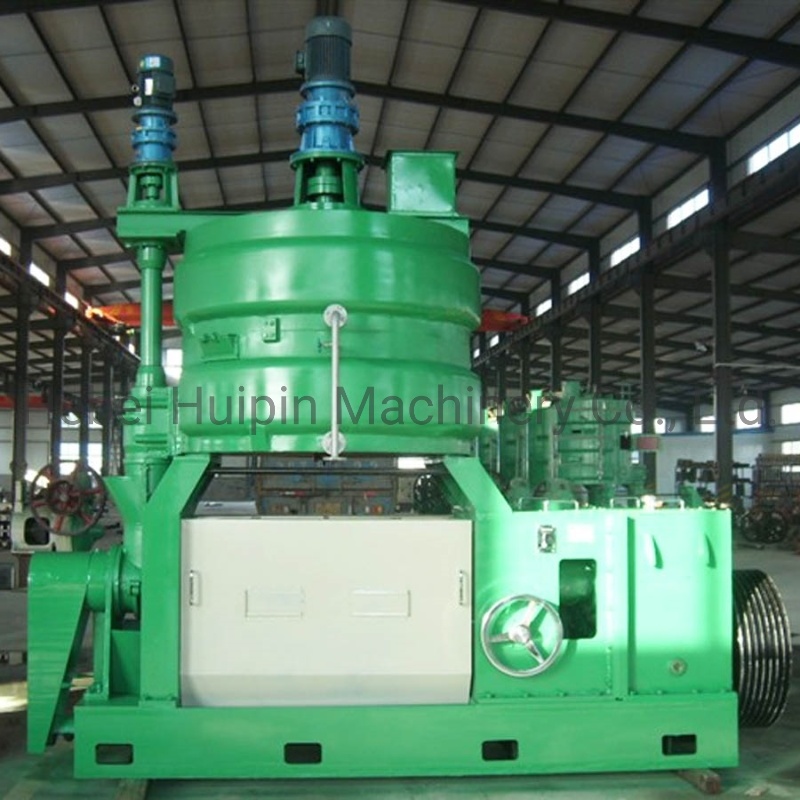Sep . 24, 2024 02:28 Back to list
Choosing the Right Horizontal Oil Filter for Optimal Engine Performance
Understanding Horizontal Oil Filters Functionality and Benefits
In the realm of industrial filtration, horizontal oil filters play a crucial role in maintaining the purity and longevity of machinery and engines. These filters are specifically designed to remove contaminants from oils and fluids, ensuring that engines and hydraulic systems operate efficiently. The design and functionality of horizontal oil filters offer several advantages that make them a preferred choice in many applications.
How Horizontal Oil Filters Work
Horizontal oil filters operate on a straightforward principle they allow oil to flow horizontally through a filter medium, which captures impurities such as dirt, metal particles, and carbon deposits. The design typically includes a filter housing where the oil enters, passes through the filter element, and exits clean. This horizontal orientation often enhances the sedimentation process, as heavier particles settle downwards before the oil reaches the filter medium.
Many horizontal oil filters utilize a form of filtration known as depth filtration. This means that contaminants are trapped within the filter material itself rather than just on the surface. This design extends the filter's life and increases its dirt-holding capacity, allowing it to perform effectively over longer periods.
Advantages of Horizontal Oil Filters
1. Improved Filtration Efficiency Horizontal oil filters excel in capturing a wide range of impurities, from larger particles to fine contaminants. Their design allows for efficient layering within the filter medium, which enhances the overall filtration efficiency.
horizontal oil filter

2. Greater Dirt Capacity Due to their construction, horizontal filters can hold more dirt compared to vertical filters of the same size. This increased dirt capacity delays the frequency of filter changes, saving time and reducing maintenance costs.
3. Easier Maintenance Maintenance is critical for any filtration system, and horizontal oil filters often facilitate easier access for cleaning and replacement. The design typically allows for straightforward inspection and service, making it simpler for technicians to perform routine checks.
4. Reduced Flow Resistance The horizontal flow path may contribute to lower flow resistance within the system. This characteristic can enhance pump efficiency and reduce energy consumption, which is beneficial for both performance and operational costs.
5. Versatility in Applications Horizontal oil filters are versatile and can be used in a variety of settings, including automotive, marine, and industrial applications. Their ability to filter out a wide range of contaminants makes them suitable for lubricating oils, hydraulic fluids, and even fuels.
Conclusion
In conclusion, horizontal oil filters are an essential component in maintaining the health and efficiency of machinery. Their design not only enhances filtration capabilities but also offers practical benefits such as ease of maintenance and cost savings. As industries strive for higher efficiency and reduced downtime, the adoption of advanced filtration technologies, like horizontal oil filters, will continue to play a critical role. Understanding how these filters work and their advantages can assist operators in making informed decisions about their filtration needs, ultimately leading to more reliable and efficient operations.
-
High-Efficiency Peanut Oil Refined Machine for Quality Oil Production Leading Exporters & Companies
NewsJul.08,2025
-
High Efficiency Sunflower Seed Oil Press – Leading Cooking Oil Press Machine Factories & Suppliers
NewsJul.08,2025
-
High-Efficiency Soybean Oil Press Machine – Leading Exporters & Reliable Companies
NewsJul.07,2025
-
High-Efficiency Seed to Oil Extractor – Reliable Extraction Machinery for Your Business
NewsJul.07,2025
-
High-Quality Pressing Screw of Oil Expeller for Efficient Oil Extraction Leading Exporters & Manufacturers
NewsJul.06,2025
-
High-Efficiency Essential Oil Extraction Machine Trusted Exporters & Companies
NewsJul.06,2025
